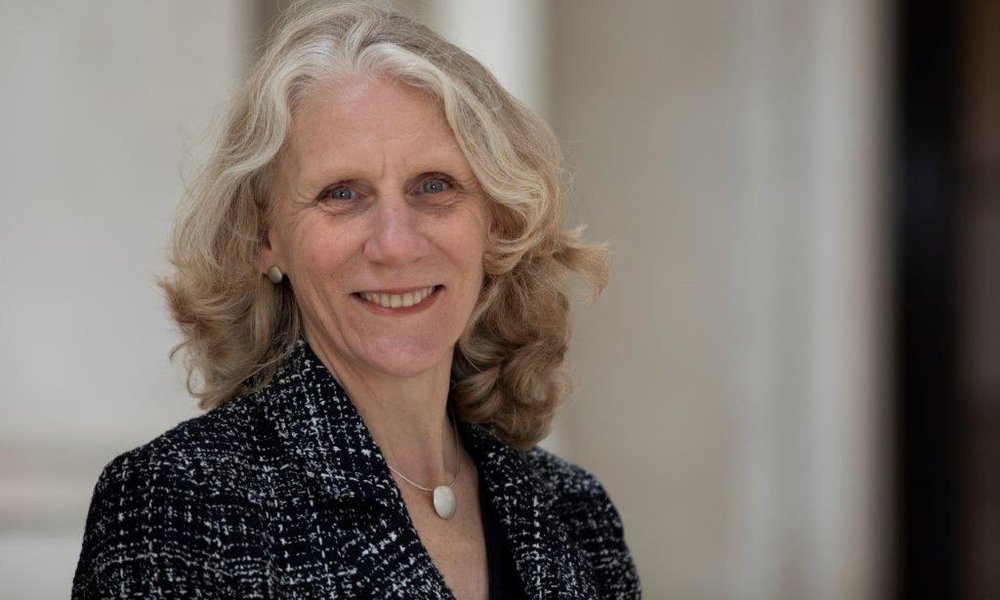News
Public mistrust of politics can spill over into scepticism about science used in government policy - British Academy report
15 Mar 2024

Public mistrust of politics can spill over into scepticism about science used in government policy, according to a new report by The British Academy.
Commissioned by the Prime Minister’s Council for Science and Technology (CST), the independent report Public Trust in Science for Policymaking says that the UK public wants nuance and transparency when science is used to inform government policy. It also points out that the public is more likely to trust science-informed policy when any gaps in evidence are not obscured but set out clearly.
The report analysed real-life community understanding of, and engagement with three different issues where science has informed public policy - clean air zones, genetically modified food and mpox - to shed light on wider public trust in how science is used in government policymaking.
The report’s findings, and advice for policymakers, politicians and scientists, includes:
- Trust in science can be impacted by trust in politics. When people lose faith in politics or politicians, that can spill over into a loss of faith in science used to shape policies.
- Presenting scientific findings in an overly simplistic way can increase political polarisation and telling the public that policymakers are simply “following the science” can undermine their trust. Scientific evidence and its limitations must be set out as clearly as possible – even if this may appear less persuasive than communicating more selectively.
- Policymakers and science communicators should be transparent about uncertainties in evidence and gaps in knowledge – and they should also tell the public how they will tackle those knowledge gaps.
- There is a growing trend of people turning to science influencers on social media because of their relatability and clear explanations. Public trust in science improves when the scientific process is more accessible, transparent and familiar to everyone. This instils a sense of public ownership, especially when citizen science and local lived experiences are considered.
The report provides insight at a crucial time, as the independent inquiry into the UK government’s handling of the Covid-19 pandemic prepares to publish its first findings in the summer of 2024.
Professor Christina Boswell, Vice President of Public Policy at the British Academy, said:
“Post-Covid, we’re all aware of how important science is in creating policies that keep the public safe and healthy. From health to human behaviour, policy rooted in any science can be tricky to communicate, and our report shows that it’s crucial that policymakers get this right when speaking to the public. People value clear explanations of the science behind policy decisions, without political influence, and they want to know about gaps in knowledge or evidence – even though this means communicating that there isn’t 100 per cent certainty on an issue. We hope policymakers will use this report to ensure the UK's diverse communities feel confident in government decisions informed by science.”
Contact the press office
For further information contact the Press Office on [email protected] / 07500 010 432.

